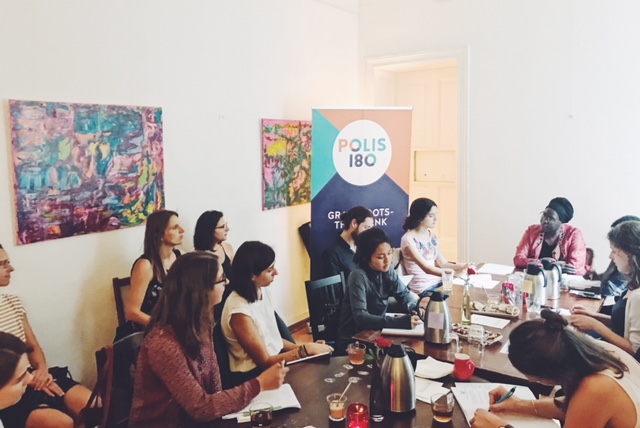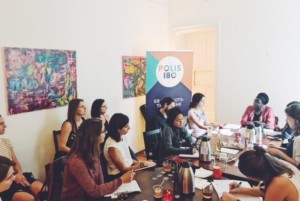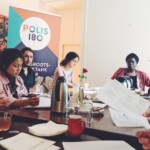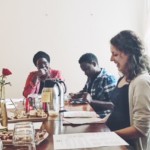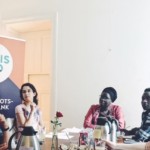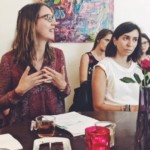Women’s Participation in Peace Processes – Lessons from Kenya
Polis Teatime, 11 July 2018
“Peace processes are not activities, they are initiatives, they develop out of a need, therefore the international community has to listen, trust and be flexible” says
Dr. Tecla Namachanja Wanjala, one of the former Commissioners of the Truth, Justice and Reconciliation Commission Kenya (TJRC-Kenya).
During the third Teatime of our series “Mediation in Africa”, which took place on July 11, 2018, we discussed the participation of women in peace processes focusing specifically on practical lessons to be learned from the Kenyan case. According to Dr. Wanjala, women’s inclusion in peace processes is not merely a question of representation and numbers. Instead, the lens of gender increases awareness for various forms of marginalization and calls for more diverse peace processes in general.
Dr. Wanjala shared lessons from her lifelong experience in social healing and conflict resolution and argued for increased long-term support for local and grassroots structures. With a view to the role of the international community, Dr. Wanjala made a plea for more flexibility and patience to ensure that international support to peace processes can be upheld even if deadlines are not met or the process takes an unexpected turn. Peacebuilding, she said, is no rocket science. Women have been doing it as nurses, relief workers and social workers before it was called peacebuilding and the field was professionalized, reduced to boardroom discussions, became less inclusive and ultimately dominated by men.
Dr. Wanjala offered innovative strategies to solving conflicts on the local level, as reflected in the Kenyan District Peace Committees as an instrument to facilitate inter-communal conflict resolution. At the same time, she warned that the ownership of such mechanisms is often taken away from the people concerned – for instance, governments may try to transform them not in the interest of peace, but in the interest of security. To do justice to the variety and depth of her elaborations, Polis180 will publish a blog on this Teatime in the near future.
Over the course of the next months, we will – together with international experts – discuss and analyse challenges and opportunities of (emerging) structures as well as actors on the African continent, who aim to prevent and transform conflicts with the power of mediation.
Contact Polis180‘s Peace Support heads to get involved! If you want to learn more about women, peace and security, get in touch with our program Area Gender and International Politics.
Polis Teatime | Women’s Participation in Peace Processes – Lessons from Kenya
